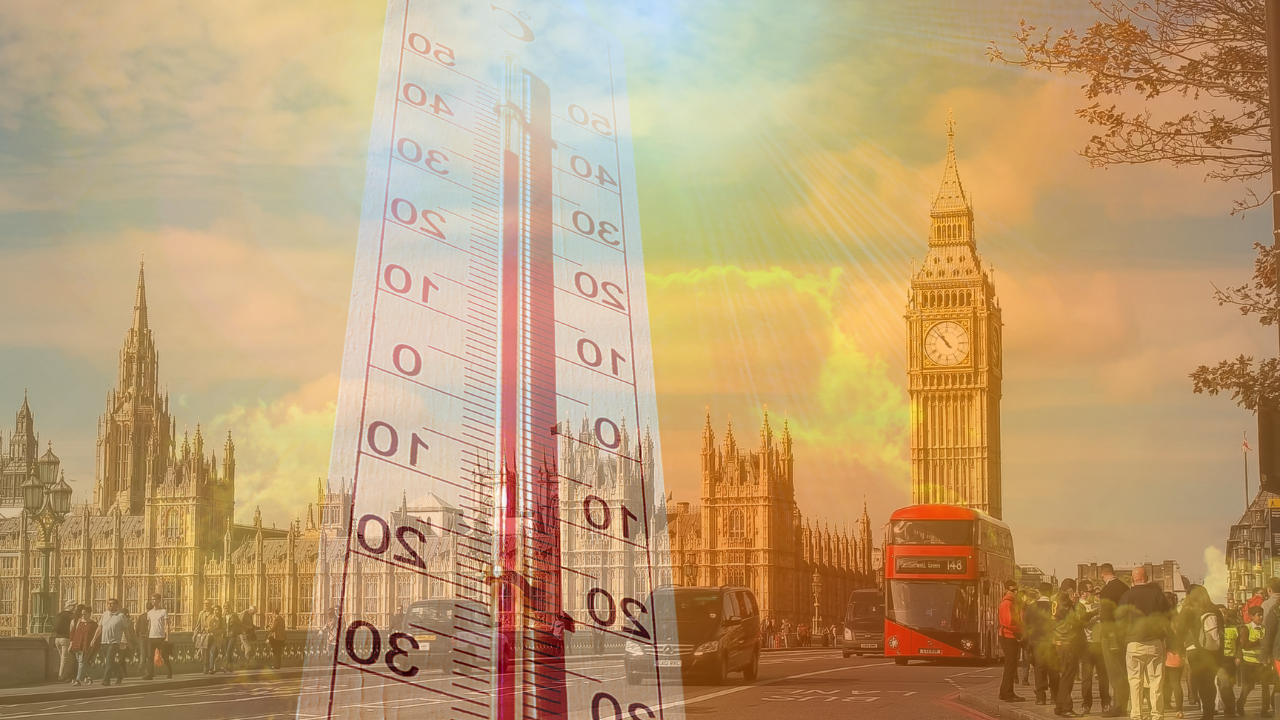UK Set To Be Hotter Than Bali - What Happens To Your Lungs In Heat And How To Protect Them?

(Credit-Canva)
SummaryAs UK temperatures soar, understanding the health implications of heat and how it affects people is important. Often overlooked, your lung health may also suffer due to this.
End of Article
